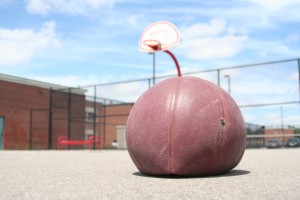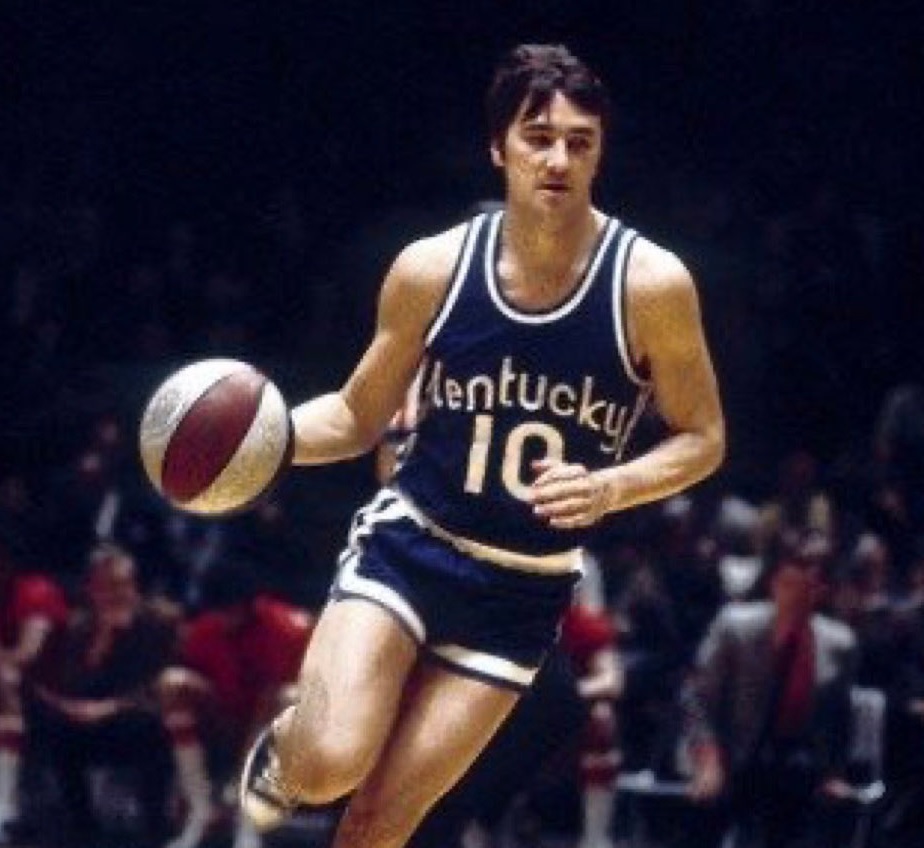Does the NBA Not Realize That These Are Tough Economic Times? 20
In case you have had your head in the sand, or perhaps in a basketball, for the last three years, these are not particularly good economic times for most Americans. The unemployment rate remains above 9 percent and the even more significantly under-employed rate is over 16%. At the same time, wages for those who are lucky enough to have and keep a job are increasing at about one third the rate of expenses for the average American.
Yet, despite this climate of economic crisis, the NBA and its players have decided that now is a good time to engage in a battle of wills that appears to be destined to derail the start of the NBA season and potentially the entire season.
You would think they might have learned something from their counterparts in the NFL.
After five months of throwing punches back and forth, when the NFL and its players absolutely had to make an agreement to avoid a work stoppage they came to a deal that will help keep growing their $9 billion industry. The result is that ratings are up so far in 2011 and the sport has seen no lasting impact from their short-lived labor woes.
As the NBA reaches their point of no return before regular season games are scrapped, they might want to take a hard look at their sport and its place in the American hierarchy.
Even in a normal year, only die-hard fans of the 30 NBA teams really pay attention to the start of the NBA season. It typically isn’t until after March Madness ends in early April and the NBA playoffs are about to begin that the sport seizes control of sports talk shows and the interest of most sports fans.
It appears to me as an outsider that losing early season games likely has a greater impact on the players than it does on the owners. The league has been hemorrhaging money for many years and except for the most successful markets where they have a strong season ticket base, games in November and December when there are many other things to occupy the interest of fans probably aren’t the biggest draws. Plus, since most of the nationally televised games happen in the second half of the season and in the playoffs, missing a month or two shouldn’t have a huge impact on television revenue.
However, for players who have not seen a paycheck since last spring, they probably have been counting the days until the paychecks start rolling in. While the superstars with outside endorsement deals are likely to be okay for a while financially, the average NBA player is probably starting to sweat a bit at the prospect of additional months without significant income. Read the rest of this entry →




